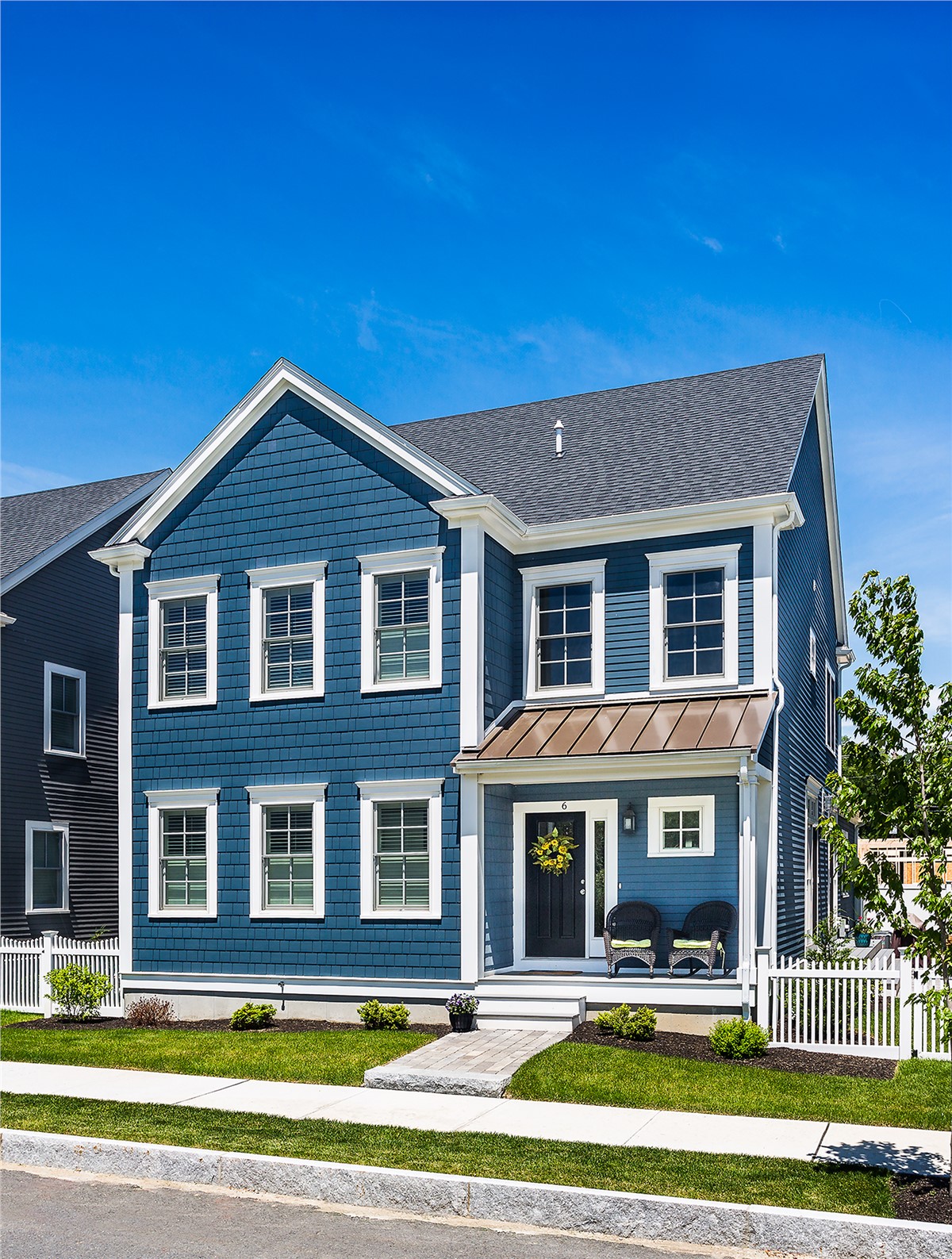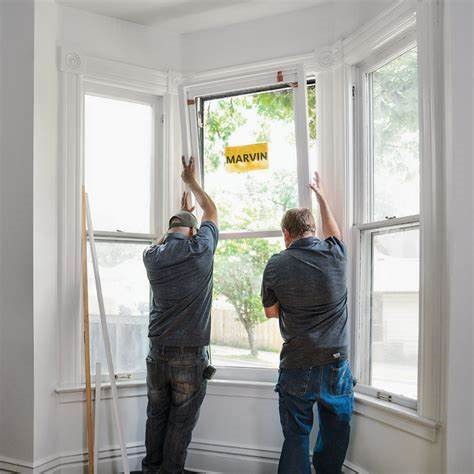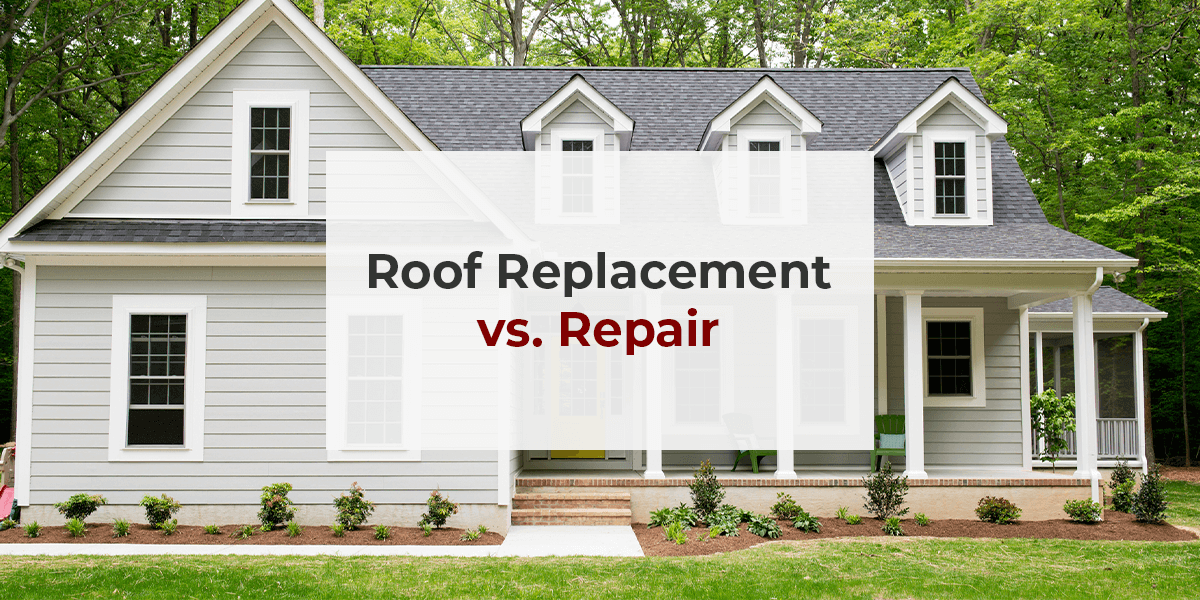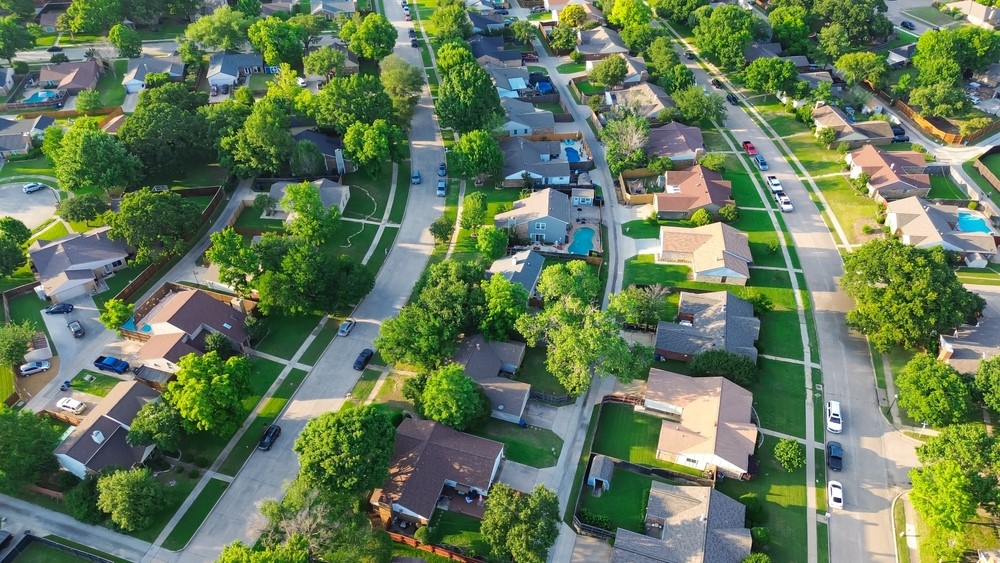Is your roof looking a little worse for wear? Need a keen eye to assess the damage and restore your home to its previous glory? Look no further! Choosing the right roofing contractor for your home doesn't have to be difficult. Here, we explain the common characteristics of a reliable roofing contractor and provide tips on what to look out for to find the right one quickly and easily. From experience and craftsmanship to warranties and services, roofing contractors can make or break your home’s aesthetic.
Do Your Research
Doing research is an extremely important step in choosing the right roofing contractor for your home. It can provide you with valuable information and help you make the right decision. Start with local contractors—look them up online, read reviews, or ask around to see if anyone has had any previous experiences with a local contractor they can share. This can give you invaluable insight before deciding to invest time and money on a project; one bad review can be enough to keep you from considering an option.
Be wary of contractors that have no reviews or are well above the average cost of services in the area—these may point to potential issues. On the other hand, don’t always take high ratings as indicative of skill—some contractors will offer deals and discounts to boost their reviews. Research into contractors’ qualifications and certifications is also important for deciding who has the necessary skill set for your project.
Finally, it's a good idea to check out any safety related violations that a contractor may have faced in recent years (especially if they were cited by OSHA). Having a contractor that operates safely and abides by regulations is always a major plus.
Ultimately, research is the foundation upon which competent decision-making rests; field trips, internet searching, and cold calling are all tools at your disposal when finding a qualified roofer for your home. With diligent effort, an informed consumer stands to gain not only confidence in their choice, but also peace of mind knowing that they won’t be taken advantage of financially or otherwise.
Ask for References
Once you’ve done your research, the next important step in selecting the right roofing contractor is asking for references. Look for contractors that have been in business for several years and ask them to provide references of previous customers or other contractors they’ve worked with in the past. You may also want to contact some of your potential contractor’s suppliers or even check their licenses and certifications with local government organizations.
Be aware that not all contractors will be willing to provide references or disclose current partnerships, but this should raise a red flag about a contractor’s reliability. It’s an essential step to verify that you’re choosing the right roofing contractor for your home; don't skip it. While it can’t guarantee results, talking to previous customers and partners provides an opportunity to ask questions as well as gain insight into how the contractor operates and handles customer service complaints. It’s also a great way to get a feel for the contractor's reputation.
If you do find yourself stuck at this stage in your search, it might be worth considering selecting contractors based on multiple review aggregators such as Home Advisor or Houzz so you can ensure you've gotten opinions from multiple sources. That’ll help you make sure the results are reliable and accurate.
Once you've verified all necessary information, you can now shift your focus onto scrutinizing local building sites. Try visiting some of the recent projects completed by the contractor in-person since photos and videos often don't tell the full story. Taking time to look over a finished product allows you to evaluate the quality of workmanship illustrated by the contractor prior to hiring them for your own project.
Check for Local Building Sites
Once you have gone through the process of asking for references, it’s time to further research any potential roofing contractors that you may be considering. One way that can be done is by visiting any local building sites where these contractors are working and possibly even interviewing some of their workers. It is important to note however, that this form of research should not be taken too seriously; while it can help in discovering if a contractor is reputable, any one site visit will not be able to make a definitive judgement.
Proponents argue that visiting local building sites offers an excellent way to gain insight into a roofing contractor’s practices without having to rely on word-of-mouth or hearsay. This gives individuals a firsthand look at the quality of work being done, as well as how safe a job-site is being handled. Additionally, it allows people to ask questions first hand either with the workers or supervisors present, which could help dispel any misgivings about hiring a particular roofing contractor.
On the other hand, critics suggest that making judgements about contractors solely on what can be seen from a single site visit is inherently flawed and can lead to poor decision making. Simply attending a single construction site does not give individuals enough information about how reliable and dependable a contractor actually is. Instead, views should take into account the feedback of clients and refer to official reviews before setting out and taking such measures.
Ultimately, researching and visiting local building sites for potential roofing contractors can prove beneficial for those seeking advice on whether or not they should hire one in particular. Nevertheless, it should not be taken as the final factor when considering and selecting the right service provider for your own home improvement project. Instead consider evaluating the quality and safety standards of materials used by different contractors; this may provide more context regarding which service provider fits best with your needs and budget.
Evaluate Quality and Safety of Materials Used
The quality and safety of materials used for roofing can make all the difference when it comes to your home’s security. Make sure to ask what kind of supplies your contractor will use, and research if they are up to building codes in your area. It is important that they meet or exceed local regulations, as this will be detailed in the inspection process after installation.
Some contractors may offer a lower price by using lower quality or older materials, but this could come back to bite you later down the line. Higher-end shingles may cost more up front, but they tend to last longer and perform better over time. You don’t want subpar construction that may need repairs again sooner than expected. On the other hand, too much money spent on a roof may not be worth it either; talk with your contractor about getting the most out of your budget while getting high-quality materials that meet relevant building codes.
While researching and discussing with contractors, also consider the workmanship of any installation crew featured in the contract -- do they have fireproofing capabilities? Are they certified in the installation process? At the same time, make sure they follow OSHA safety guidelines to minimize potential accidents on site during construction.
Take some time to evaluate quality and safety of materials used — it’ll help protect both your wallet and your home for years to come. Before signing any contracts, inspect their references closely and check with building inspectors for their endorsement of both the contractor and their suppliers. With the right combination of materials and expertise, you can rest assured that you have selected a successful roofing contractor for your project.
Inspect the Roof After Installation
Now that you have evaluated the quality and safety of the materials used by your contractor, it is important to inspect the roof after installation. Depending on the scope of the project, this should be done either during or after all the work is complete. Most roofing contractors will take pictures of their finished projects, which will enable you to stay up to date on progress throughout.
It is recommended that a qualified inspector, who is not affiliated with the contractor, be present when examining the completed job. This ensures that an independent set of eyes has gone over the entirety of the project to make sure that all expectations are met and that all code requirements have been satisfied. Furthermore, having someone from outside of the contractor’s business overseeing the site can provide additional assurance of compliance.
It is also important for you to be present for inspection as well, so that you can get a better feel for what was done and ensure that it aligns with what was discussed in your initial consultations with your contractor. In some jurisdictions, it may even be required for your contractor to obtain a permit from a local municipal body before beginning any roofing projects. Make sure that this has been completed before you sign off on the job.
Inspection of the roof may reveal potential problems such as leaks or structural issues beyond what was initially discussed in negotiations. If any issues arise, they should be addressed immediately with your roofing contractor and ultimately resolved prior to moving forward. After both sides are satisfied with each other’s work, now you can examine your contractor’s expertise and license number with confidence in their reliability and ability to successfully complete your project in full accord with industry standards and regulations.
Examine Expertise and License Number
Now that you have completed the necessary inspections to verify the quality of installation, it is important to determine the expertise and professionalism of your roofing contractor. The simplest way to do this is to investigate the details of their license number. This is essential to make sure that they are a licensed contractor who can be held accountable for any discrepancies or issues that may arise in the future. Moreover, ask them about any certifications or training programs they may have completed as this can help demonstrate their level of expertise and experience. To ensure that your chosen contractor has the required qualifications, feel free to contact your local licensing board for further information.
In addition, it is recommended that you provide specific details regarding the type of roofing material you want installed on your home as well as investigate any specialized skills that may be required for its successful completion. For example, if you are considering having a metal roof installed, ensure that your contractor has secured the proper certification for welding it together. After all, this will minimize any potential risks or delays associated with an improper installation.
Lastly, in addition to their license number and technical knowledge, it is important to assess the reliability and character of your roofing contractor. Reputable companies should be able to provide references from former clients upon request and be willing to answer any questions or concerns that you might have along the way. Ultimately, make sure to choose a contractor whom you can trust as this will give you peace of mind knowing that your new roof was installed correctly.
With these factors considered, you are now ready to begin looking at cost estimates and quotes from prospective contractors. Evaluating these figures will place your decision-making in more transparent terms, allowing you to compare two comparable services side-by-side before making a final choice on which one best suits your needs and budget.
Consider Cost of Quotes and Estimates
As homeowners, it is natural to some degree to want to get the most affordable installation or repair job. Considering the cost of quotes, sometimes called an estimate, is also an important part of deciding which contractor to use. However, there are conflicting opinions on the importance of cost when selecting a roofing contractor.
On one hand, paying more for a project does not necessarily mean the work will be higher quality; it may even be substandard despite a high price tag. Additionally, getting multiple quotes from contractors can help ensure you don't overpay for the same service from somebody else. On the other hand, deciding solely based on cost can cause more expensive problems in the future if substandard materials or poor craftsmanship make for a short-lived installation.
When weighing your options between different contractors, it is important to keep both price and quality of work in mind. In general, it is worth avoiding those who make promises that seem too good to be true; this suggests they may be cutting costs with substandard parts or skimping on labor. It can sometimes be hard to determine how trustworthy statements from contractors may be without doing additional research and gathering reviews from others. For example, if you know someone else who has used the contractor in question before, they may provide valuable information about their experience and whether they were satisfied with their roofing work or not.
In conclusion, while cost should certainly factor into your decision when picking out a roofing contractor for your home, it should not be the only determining factor you consider. If done properly and with qualified professionals, roofing projects have significant upfront expenses due to the labor-intensive nature of these projects. Weighing both expertise and license number as well as potential reviews can help keep your investment protected by making sure you choose a dependable and experienced contractor at a reasonable price.
Subscribe to JP Exteriors's Blog








Comments